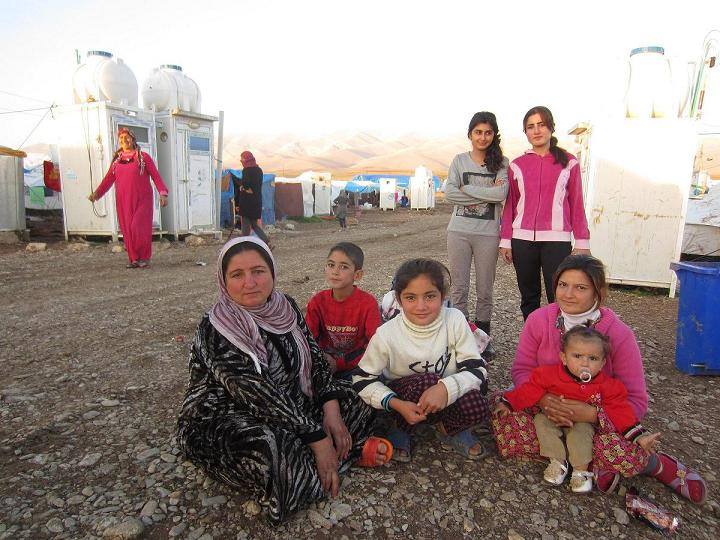The situation for Syrian refugees in Iraqi Kurdistan appears to be better than that of their peers in neighboring countries of asylum, despite suffering from a loss in services following the central government’s decision to cut the budget.
In the city of Dohuk (northwest of the region), hundreds of Syrian refugees have fought unemployment by opening shops, restaurants, small factories and bakeries. Others went to work in hotels or as taxi drivers and many others attended university to pursue their studies.
Kawa Khalil, who heads a Syrian refugee rights organization, said that the stability of the area, coupled with the freedoms available and equal treatment of refugees, has persuaded many of them to stay instead of migrating to Europe. This has also led the host community viewing Syrian refugees in a positive way.
The Kurdistan region is home to about 250,000 Syrian refugees displaced from Qamishli and Kobani (Ayn al-Arab), as well as some from Deir-ez-Zor, Aleppo, Afrin and Damascus.
Khalil pointed out that "what aggravated things and increased complexity is the Kurdistan region's budget being cut by order of [prime ministers] Nuri al-Maliki and Haidar al-Abadi, which for the third year in a row has negatively affected the situation of Syrian refugees as well."
He said that a large portion are now receiving assistance from international NGOs, adding that "these are coupons or checks of up to $22 per person per month, 1,000 Iraqi dinars, which has reduced the burden of life on refugees in general."
Although relief aid for Syrian refugees has decreased after the recent displacements from Mosul and other areas, refugee camps are lacking very little, he says. The camps include shops, schools, cultural centers, hospitals and clinics, and Syrians work as teachers, doctors and specialists.
In addition, Syrian students receive tuition free of charge and are offered financial support on a monthly basis. These privileges, he says, have encouraged Syrian students to finish their studies, which they were deprived of in Syria.
Currently, the Kurdistan region comprises around 10 Syrian refugee camps and a number of small communities. However, the largest number of refugees reside in Dohuk and Erbil, which alone account for 47 percent of the Syrian refugees in Iraq.
This article was edited by The Syrian Observer. Responsibility for the information and views set out in this article lies entirely with the author.


